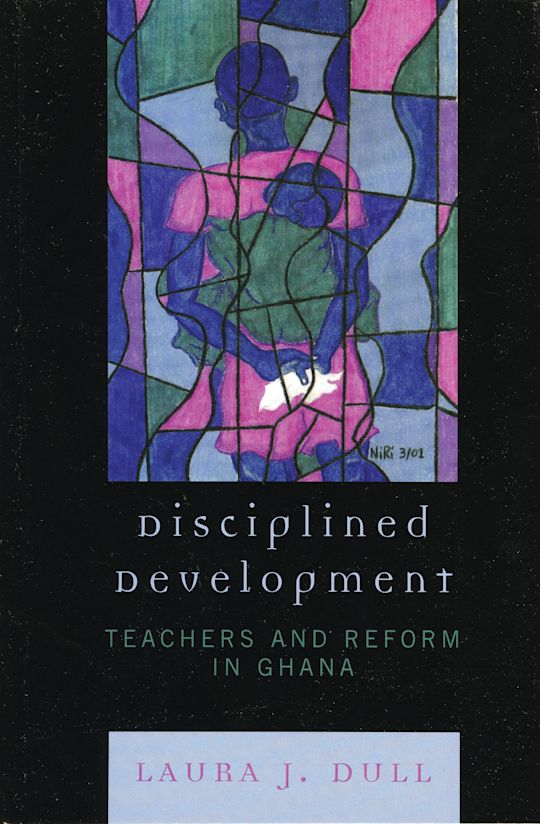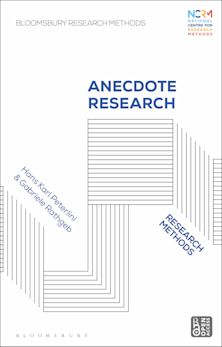- Home
- ACADEMIC
- Education
- Research Methods in Education
- Disciplined Development
For information on how we process your data, read our Privacy Policy
Thank you. We will email you when this book is available to order
You must sign in to add this item to your wishlist. Please sign in or create an account
Description
Drawing on Foucault's analysis of disciplinary power and Gramsci's theories on hegemony, Laura J. Dull argues in this insightful volume that Ghanian teachers' diverse roles-as moral disciplinarians, ambivalent partners with global donors and lenders, romantic racialists of Africans-illustrate the ways in which educators deploy history and nationalism as strategies of power in support of, but also in opposition to, dominant systems. On the one hand, by enforcing strict morality, 'modern' attitudes and hard work in schools, teachers appear to consent to the hegemonic terms for development that their leaders have adopted: neo-liberal economics and liberal democracy, Christian morals and work ethics, and scientific rationalism. In the discourse of the World Bank and United States Agency for International Development, teachers become their 'partners' when they teach children to avoid acts of national 'indiscipline,' as Ghanians would say, such as ethnic prejudice or corruption. On the other hand, however, teachers warn children to be skeptical of immoral and deceptive 'white men' who underdeveloped Africa and continue to undermine Ghana's autonomy. Discipline therefore becomes necessary and important because it provides the means by which the country will finally achieve de-colonialization and independence.
Table of Contents
2 Moonlight Orgies and Other Forms of Sensuous Excesses
3 A Heavily Indebted Poor Country
4 Friendly Africans, Deceptive White Men
Product details
| Published | 11 May 2006 |
|---|---|
| Format | Ebook (Epub & Mobi) |
| Edition | 1st |
| Extent | 118 |
| ISBN | 9780739154274 |
| Imprint | Lexington Books |
| Publisher | Bloomsbury Publishing |



































